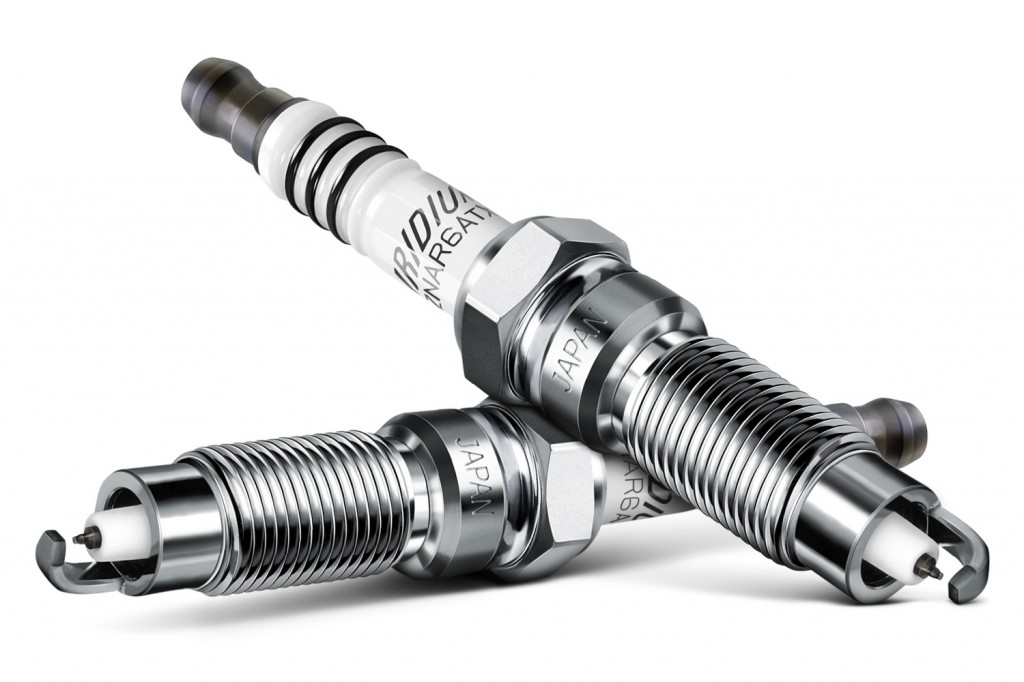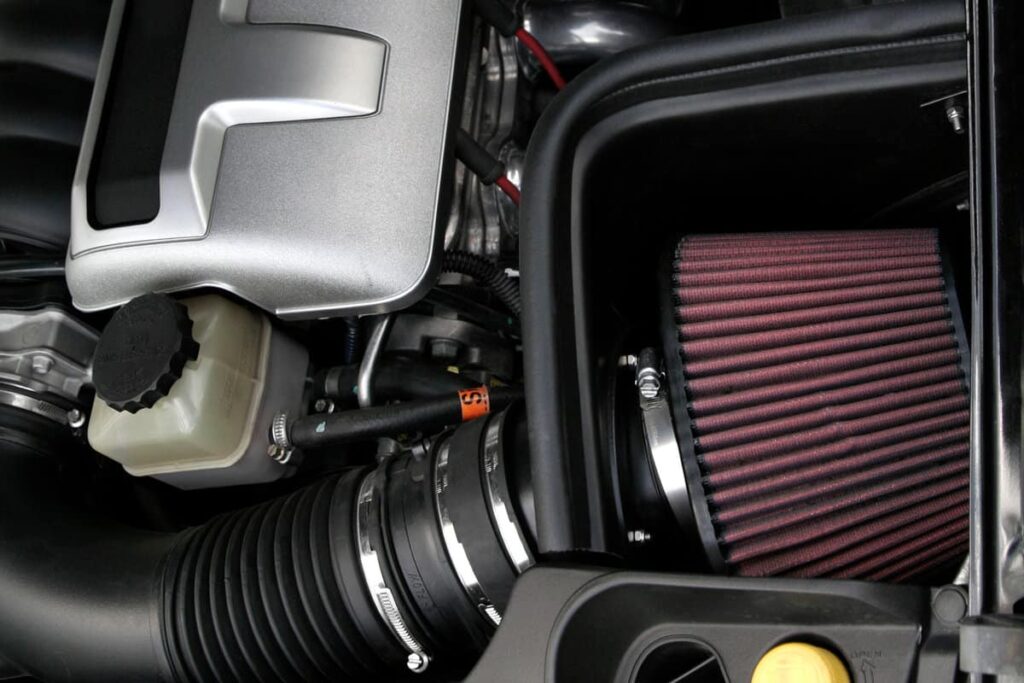The world of cars and automotive performance is ever-evolving, with new technologies and modifications emerging regularly. For car enthusiasts, improving their car’s performance and efficiency is a never-ending pursuit. There are many ways to modify a car to increase its speed, horsepower, and fuel efficiency, from upgrading spark plugs and air filters to reducing weight and using the right octane fuel. In this fast-paced world of automotive performance, it can be challenging to keep up with the latest trends and modifications. However, by following some simple tips and tricks, car enthusiasts can achieve impressive gains in their vehicle’s performance and efficiency, making for a more enjoyable and rewarding driving experience.

- Upgrade your spark plugs
The spark plugs ignite a small spark across a small gap which creates the ignition for the combustion needed to start and run your car. The more aggressive the spark, the better the burn. Upgraded spark plugs are much better at heat management and timing, which means the pistons perform better, leading to better fuelling. By spending a little more upfront, you are able to extend your spark plug change interval, saving you on costly maintenance charges over time.
- Shed some weight off of the car
If you own an older vehicle, there’s a good chance it was manufactured with some heavy-duty materials. An easy way to cut some of the weight from your car is to replace your hood and trunk counterparts (as long as it maintains rigidity). When you make a point to reduce the weight of your vehicle, it won’t have to work as hard to fly down the highway or race track. For typical street cars, every 20 pounds of weight reduction is like adding 10 hp, so on bone-stockers, vehicle weight reduction is a cheap way (at least initially) to make your car go faster for cheap.
- A performance air filter
The cheapest way to add some power to your car is generally to fit a performance air filter. These come in a few different flavours, and the one you choose will depend on both your car and your budget. On most cars, your standard air filter will probably be made from paper. it is quite restrictive and will stop your engine from sucking air in as easily as it could otherwise (imagine breathing through a paper bag).
Performance variants tend to be made of more expensive materials such as oiled foam or cotton and will generally last for the lifetime of your car with proper maintenance. The upside is that they let your engine breathe much better whilst still keeping the dirt away from the inside of the block
Provided you select a quality brand, standard filters will effectively prevent particles from damaging your engine. Performance filters are more suited to drivers who want to achieve performance benefits – invest in one of these if you’re looking to increase horsepower.
- Filling in the right octane to your car
petrol uses an octane rating called RON (Research Octane Number). The RON number is achieved from the results of lab tests in which the fuel is run through a test engine which varies its compression ratio under controlled conditions.
If your car runs on fuel below its octane rating, you can suffer from engine knocking and misfiring, make sure you’re filling up the right octane in order to extract the optimum performance for your block. Most car owners are advised to use regular octane fuel. You will need to check the owner’s manual to see which fuel your car is supposed to use. If you are using a high-compression engine such as those used in some high-performance cars, you will need to use either mid-grade or premium octane fuel to prevent knocking. You can often tell whether you’re using the right octane level by listening to your engine. If it doesn’t knock, then you’re using the correct grade of fuel.











